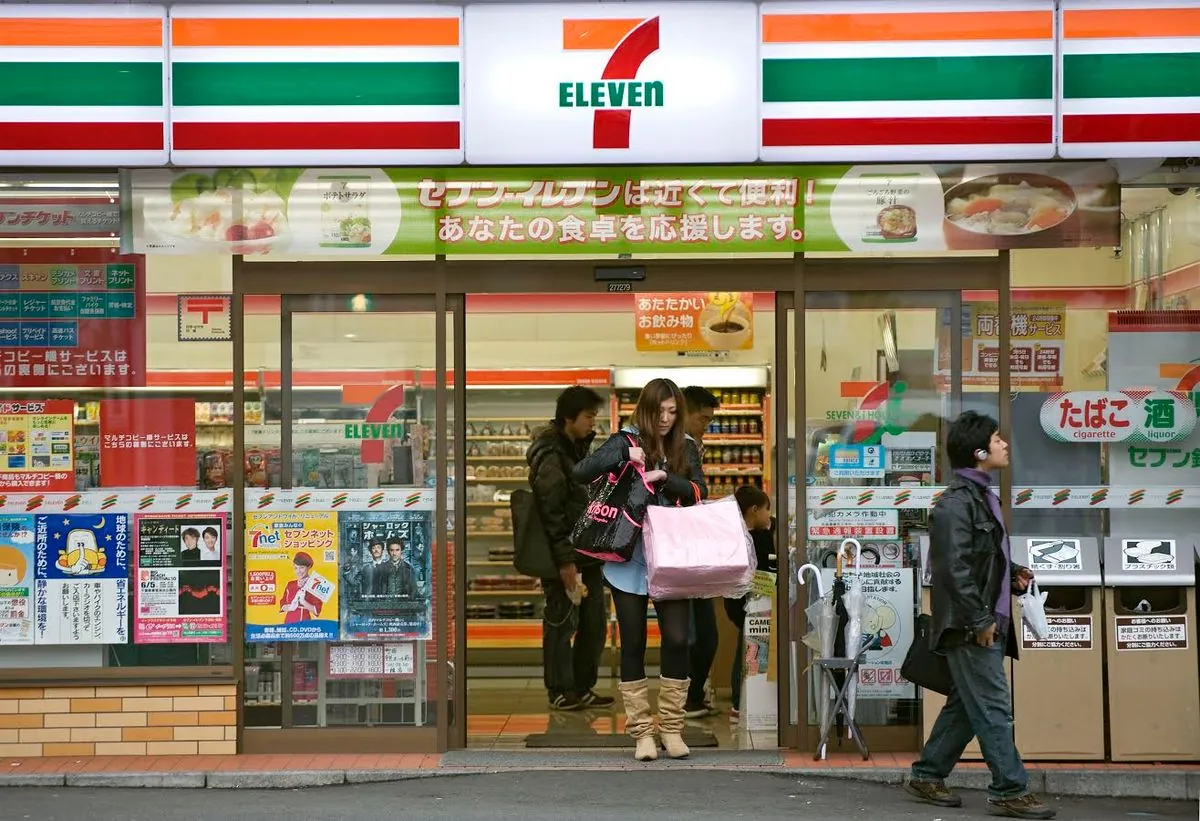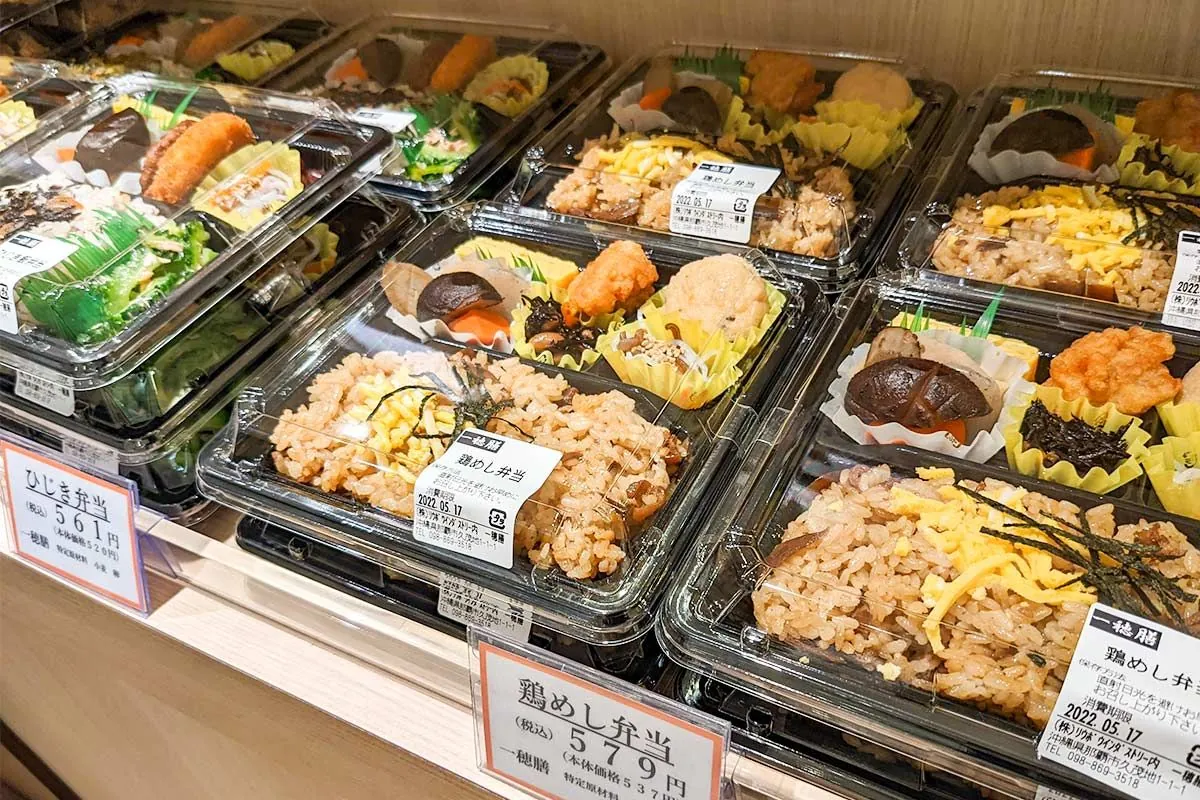Canadian Giant's Bid for 7-Eleven Japan Sparks Cultural Concerns
Alimentation Couche-Tard's proposal to acquire 7-Eleven in Japan raises questions about preserving the chain's unique role in Japanese society. Customers express mixed feelings about potential changes to the beloved convenience store brand.

In a move that has stirred both excitement and apprehension, Canadian retail giant Alimentation Couche-Tard has proposed to acquire 7-Eleven in Japan. This potential takeover of Japan's largest convenience store chain, known locally as "konbini," has prompted discussions about the future of a brand deeply ingrained in Japanese daily life.
7-Eleven has been a fixture in Japan for about 50 years, evolving from its American roots to become an integral part of Japanese culture. With over 21,000 locations across the country, these stores have become essential to both urban and rural communities. Unlike their American counterparts, Japanese 7-Eleven stores are renowned for their high-quality, fresh food offerings and diverse services.
The proposed acquisition has elicited mixed reactions from customers and experts alike. Some, like postal worker Shunka Sugawara, express concern about potential changes to the stores' "Japanese style" and quality. Others, such as Ryo Narita, view the takeover as an opportunity for improvement, noting that 7-Eleven has recently lagged behind local competitors.

Gavin Whitelaw, executive director of the Reischauer Institute of Japanese Studies at Harvard, highlights the cultural significance of 7-Eleven in Japan:
"There's a great deal of pride in 7-Eleven in Japan because Japan really made 7-Eleven; they saved 7-Eleven."
This sentiment underscores the unique position 7-Eleven holds in Japanese society. The stores have adapted to local needs, offering services such as bill payment, ticket purchasing, and even selling specific items to cater to individual customers' routines.
The importance of convenience stores in Japan extends beyond daily conveniences. During the Tohoku earthquake and tsunami in 2011, about 13 years ago, these stores played a crucial role in meeting community needs faster than government responses.
Ulrike Schaede, a professor of Japanese business at the University of California at San Diego, suggests that the acquisition could present an opportunity to export the highly efficient Japanese convenience store model globally. She notes that Japanese 7-Elevens are "the most efficiently run retail outlet in the entire world."
As the proposal moves forward, the challenge lies in balancing the potential for global expansion with preserving the unique aspects that have made 7-Eleven an integral part of Japanese life. The outcome of this acquisition could shape the future of convenience stores not only in Japan but potentially worldwide.


































